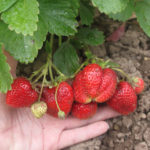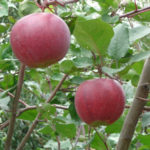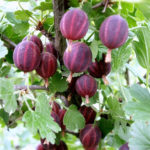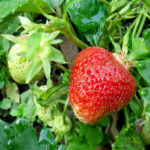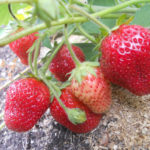Cucumber variety Temp (F1)
Temp is a short-fruited hybrid of an early ripening cucumber supplied to the Russian market by Semko-Junior (Moscow). In 2006, it was added to the state register of the Russian Federation for seven regions - Middle Volga, Volgo-Vyatka, Central, North Caucasian, Central Chernozem, North and North-West. Suitable for growing in glazed and film greenhouses, as well as at home - on the balcony and windowsill. The period from full germination to the collection of the first zelents is 42 - 44 days, before the formation of pickles - 37 - 38 days. The author of the hybrid is Yu.B. Alekseev.
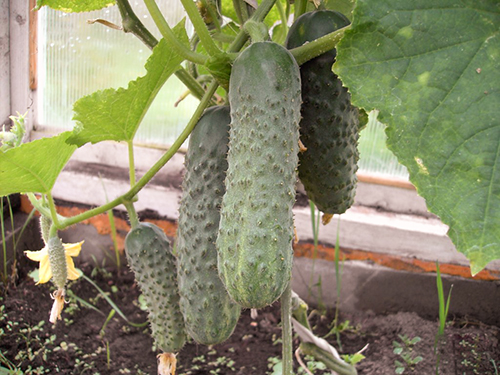
Parthenocarpic variety. Plants are slightly branched, exclusively with female flowers, indeterminate (the growth of the central stem is not limited by the flower race), practically do not require formation. Leaves are green in color, medium in size. In one leaf sinus, from 2 to 5 fruits are tied.
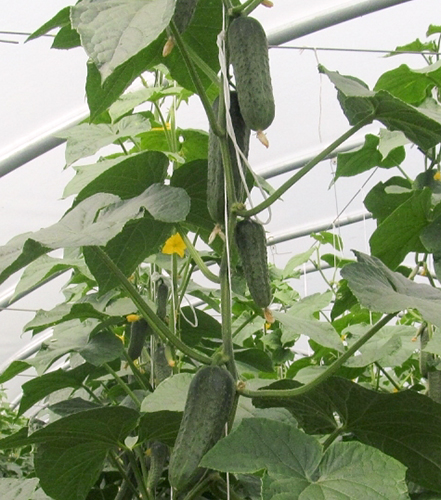
Zelentsy are cylindrical, with a short neck, medium tuberous, 8 - 10 cm long, weighing 70 - 80 g. Weight of gherkins - 30 - 50 g. Skin is dark green, with light longitudinal stripes of medium length. Pubescence is of medium density. The thorns are white. The pulp is crispy, juicy, aromatic, without bitterness. The total yield is 11 - 15 kg / m2, and when picking 5 - 7 kg / m2.
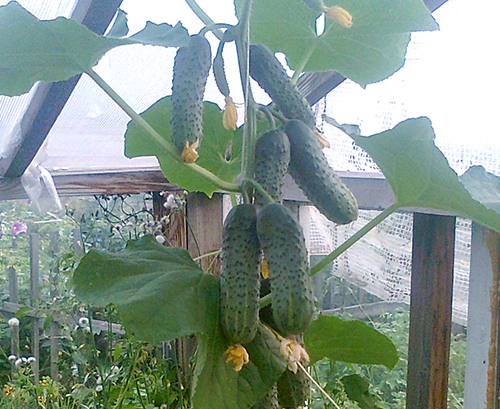
The Temp variety is a universal type - it is used both fresh and for preparations for the winter. Designed for harvesting pickles and gherkins. The taste of fresh and canned products is excellent. Fruiting lasts until the frost. Cucumbers not removed in time do not outgrow.
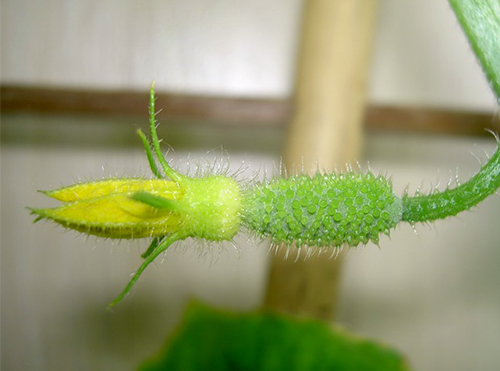
The hybrid is characterized by resistance to high temperatures (up to 50 ° C), as well as common diseases such as brown spot (cladosporia) and powdery mildew; tolerant to peronosporosis and cucumber mosaic virus. It performs well in cold and rainy weather. In hot dry summers, increased watering is required.
Advantages of temp cucumber: excellent taste of fruits, high yield, marketability, transportability.
The disadvantages include the very high price of seeds.
